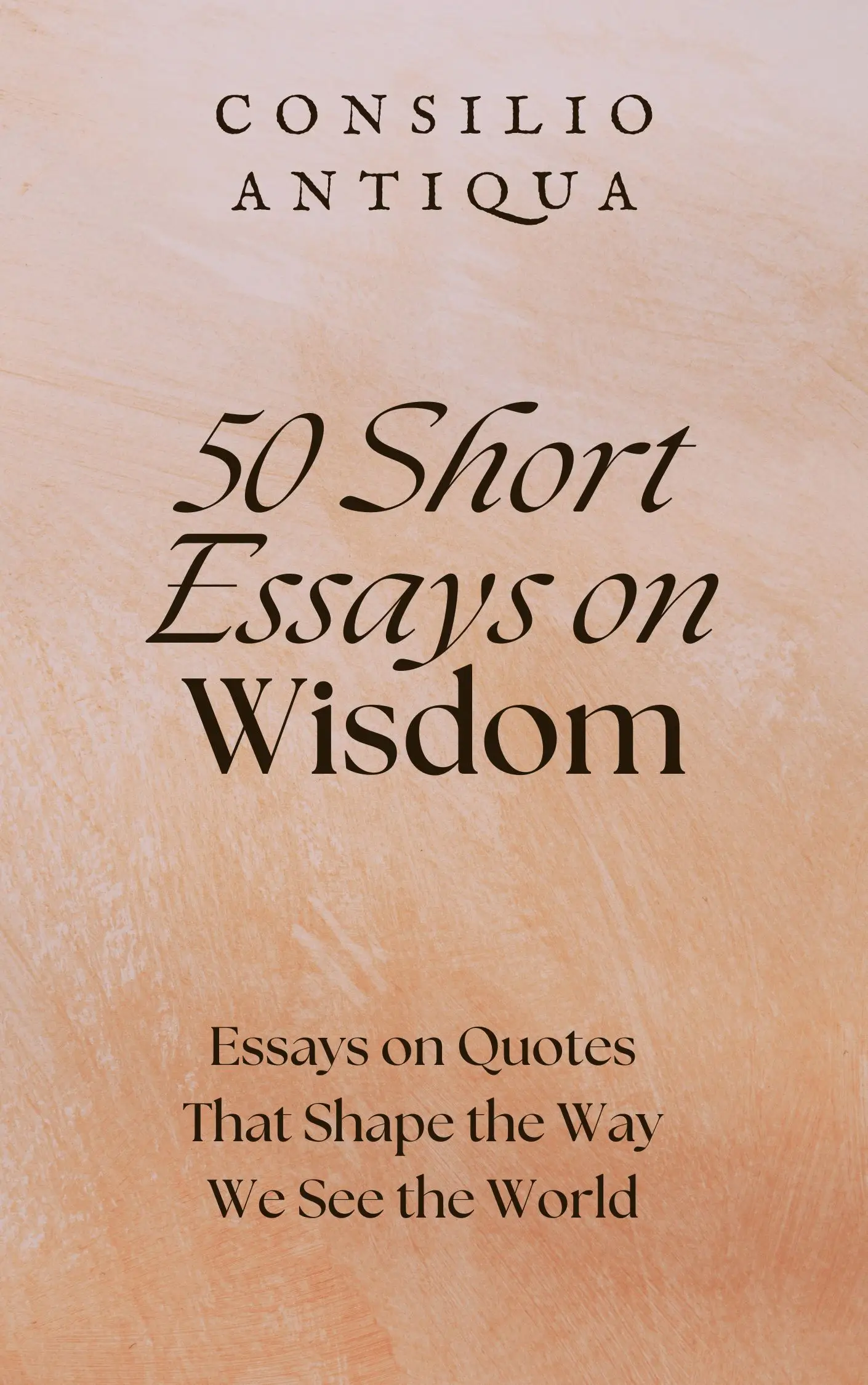
50 Short Essays on Wisdom | Shaping Reality Through Thought
Shaping Reality Through Thought
"The mind is everything. What you think you become." - Buddha
The chipped porcelain teacup warmed my hands, mirroring the quiet hum of contemplation settling within me. The Buddha’s words, etched in ancient script and whispered across millennia, resonated with a startling immediacy. This essay explores the profound truth that our minds are not passive recipients of reality, but active architects, shaping our experiences through the very fabric of our thoughts.
The concept of the mind as the architect of reality isn't unique to Buddhism. Ancient Greek philosophers pondered the power of logos, the inherent order and reason shaping the cosmos. Stoics like Epictetus emphasized the importance of controlling our internal world, arguing that true freedom lay not in external circumstances, but in the mastery of our own minds. Across cultures and time, the understanding that our thoughts profoundly influence our lives has persisted, a testament to its enduring relevance. In Buddhism, this principle is deeply woven into the fabric of the Eightfold Path, emphasizing the cultivation of right thought as a crucial step towards enlightenment. The concept of karma, the law of cause and effect, underscores the direct link between our actions, stemming from our thoughts, and the consequences we experience.
At the heart of the Buddha's assertion lies the understanding that our thoughts are not merely fleeting mental events, but seeds that blossom into the reality we inhabit. Each thought, positive or negative, casts a subtle yet powerful influence on our emotions, behaviors, and ultimately, our lived experience. This isn't about naive optimism; it's about recognizing the intricate dance between thought, feeling, and action. Negative thought patterns, like persistent self-criticism or fear, can create a self-fulfilling prophecy, casting a shadow over our lives and hindering our potential. Conversely, cultivating positive and compassionate thoughts can foster resilience, creativity, and a sense of inner peace. This wisdom endures because it speaks to a fundamental human experience: the power of our internal landscape to shape our external reality.
The implications of this ancient wisdom are profoundly relevant to contemporary life. The rise of mindfulness practices, cognitive behavioral therapy (CBT), and positive psychology all underscore the importance of cultivating conscious awareness of our thoughts and their impact. Consider the individual struggling with anxiety: CBT helps them identify and challenge negative thought patterns, replacing them with more realistic and helpful ones. Similarly, mindfulness encourages us to observe our thoughts without judgment, creating space between thought and reaction, allowing us to respond rather than react. The power of positive thinking, when approached with mindful awareness, can foster resilience and optimism, empowering us to navigate challenges with greater grace. However, we must acknowledge the potential pitfalls of toxic positivity, which can invalidate legitimate feelings and hinder genuine self-reflection. The key lies in a balanced approach: acknowledging the full spectrum of human experience while actively cultivating positive and constructive thought patterns.
Reflect for a moment on your own internal landscape. What are the dominant narratives playing out in your mind? Are they stories of limitation or empowerment? What if you were to consciously rewrite those narratives, replacing self-doubt with self-compassion, fear with courage? The journey of self-discovery is a journey of conscious thought cultivation. By actively shaping our inner world, we become the architects of our own lives, building a reality that reflects our deepest values and aspirations. The rewards are immeasurable: a life lived with greater intention, purpose, and a profound sense of inner peace.
In essence, the Buddha's words offer a timeless blueprint for creating a life aligned with our deepest desires. By understanding the power of our minds, we can move from being passive observers of our lives to active participants, shaping our reality with each conscious thought. The journey begins within.
